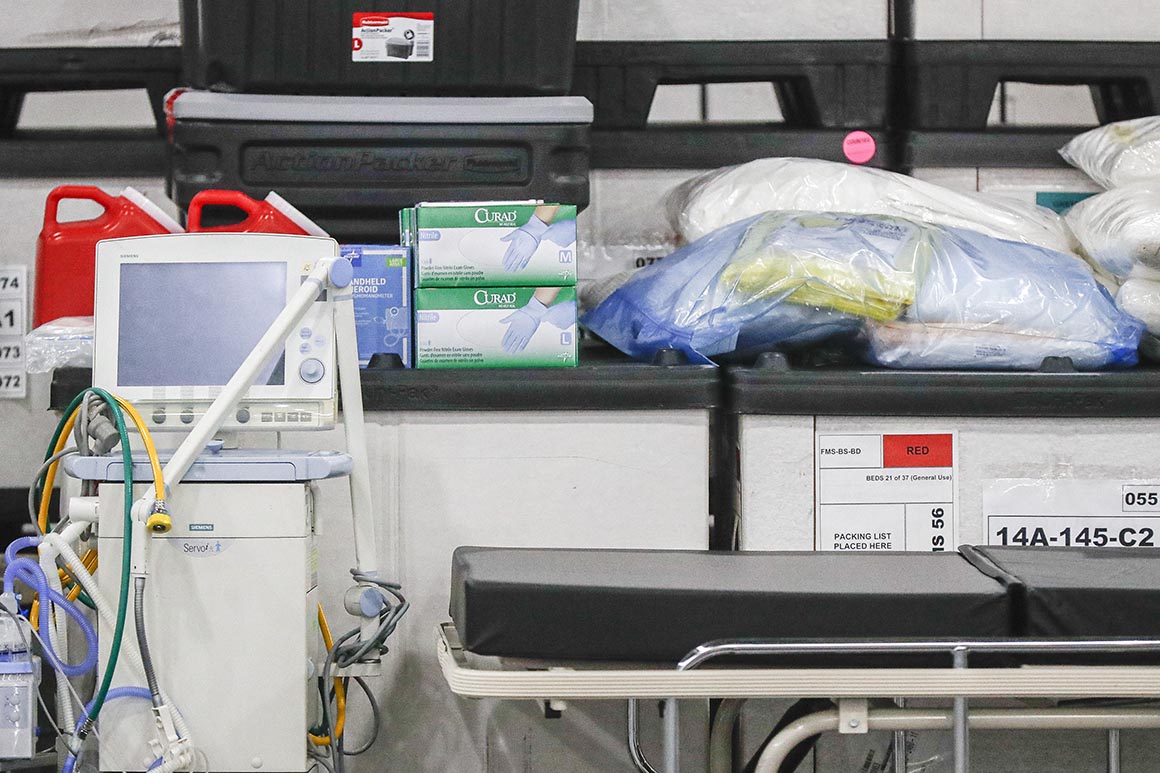
As of Thursday evening, no one had been denied a ventilator because of a capacity shortage, even in the jam-packed hospitals of New York, White House response coordinator Deborah Birx stressed. There’s an urgent scramble to buy more, build more and better allocate those available – although President Donald Trump told Fox News he had “a feeling” the shortage was exaggerated.
Nonetheless, public-health experts said many hospitals have inadequate guidance – legal or ethical – to develop protocols on who gets priority.
“These are topics we don’t like to talk about – triage, resource allocation, extreme scarcity,” said Nancy Berlinger, a prominent bioethics researcher at the Hastings Center, a New York state-based think tank, who is working on a more consistent national approach. “We don’t have coordination across the country or at the state level. Hospitals and health systems are trying to figure it out for themselves.”
Addressing that need, Emanuel and a team of fellow bioethics experts recommended in a New England Journal of Medicine article that hospitals and emergency departments put in place real-time rapid response teams – scaled down, souped-up versions of the standard hospital ethics committee reviews. Acting on a compressed timeline, these clinical triage experts can make tough decisions – sparing the bedside physicians from deciding on their own whether the patient in front of them lives or dies.
That’s a haunting emotional burden which the world has seen Italian doctors experience.
Guidelines aren’t a simple checklist, and there’s no arbitrary cutoff based on age alone. New York’s guidelines, which were developed for flu but applicable for Covid-19, are nearly 300 pages. They are not mandatory but offer a framework. They say that to save the most lives “patients for whom ventilator therapy would most likely be lifesaving are prioritized.” That recognizes that ventilators aren’t miracle cures; some people in poor health could stay on a ventilator for weeks and still die, while someone with better odds doesn’t get access. So the breathing machines should go to the patients most likely to benefit.
The New York report concluded that when multiple patients are equally likely to recover, but there are limited resources to help them, hospitals “utilize ‘random selection’ (e.g., lottery) methods.”
The panel concluded that a lottery was more equitable than treating people on a first-come, first-serve basis, which could disadvantage “those who are of lower socio-economic means who may not have access to information about the pandemic or to reliable transportation, or minority populations who might initially avoid going to a hospital because of distrust of the health care system.”
Source: politico.com
See more here: news365.stream






